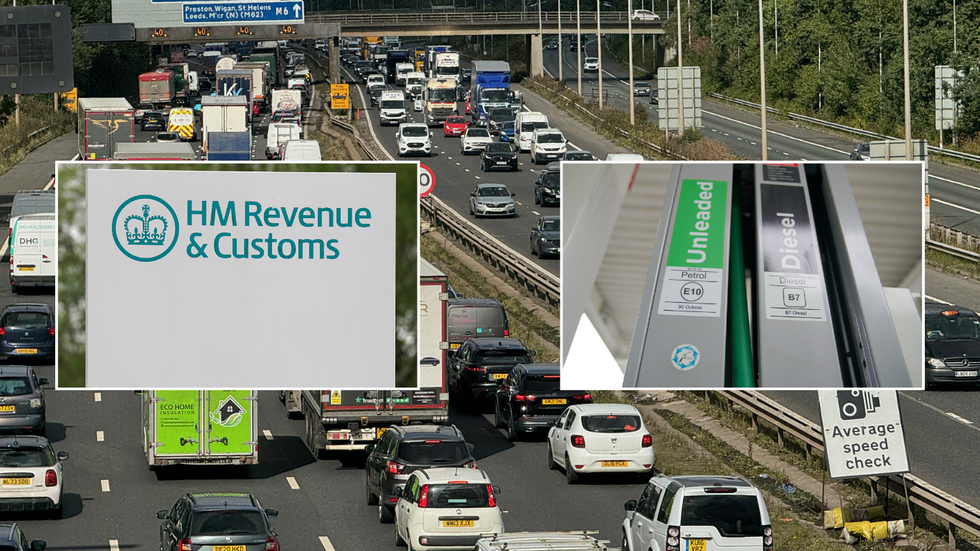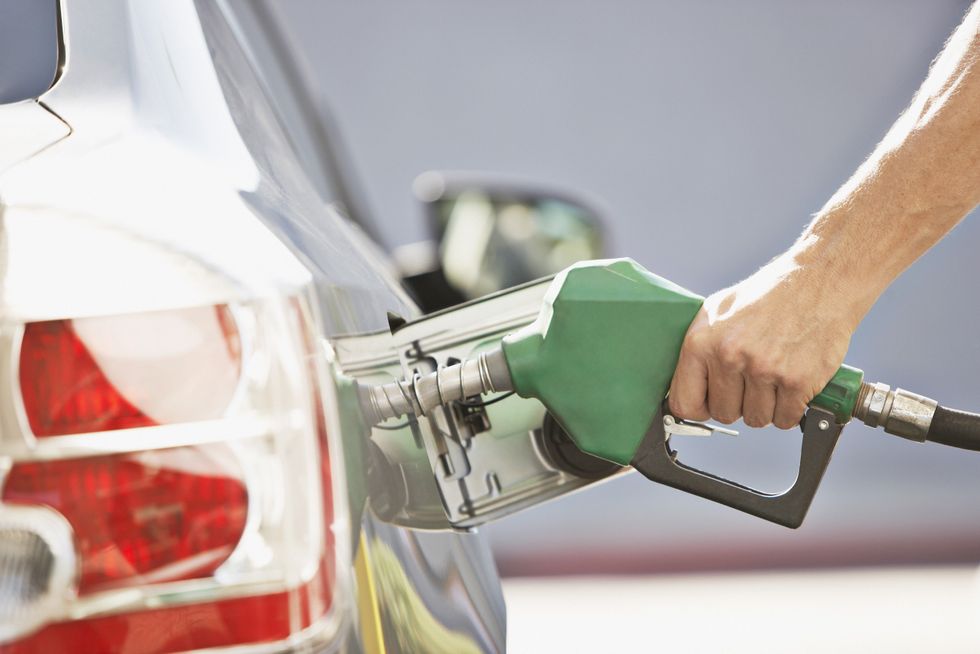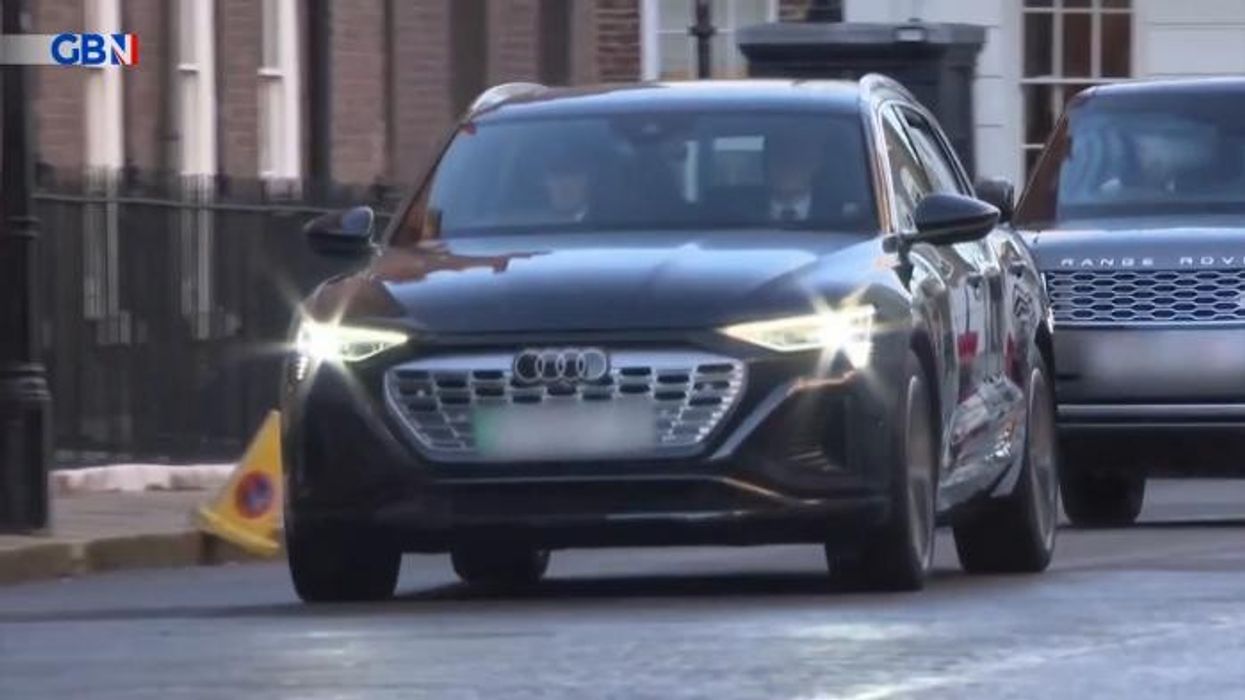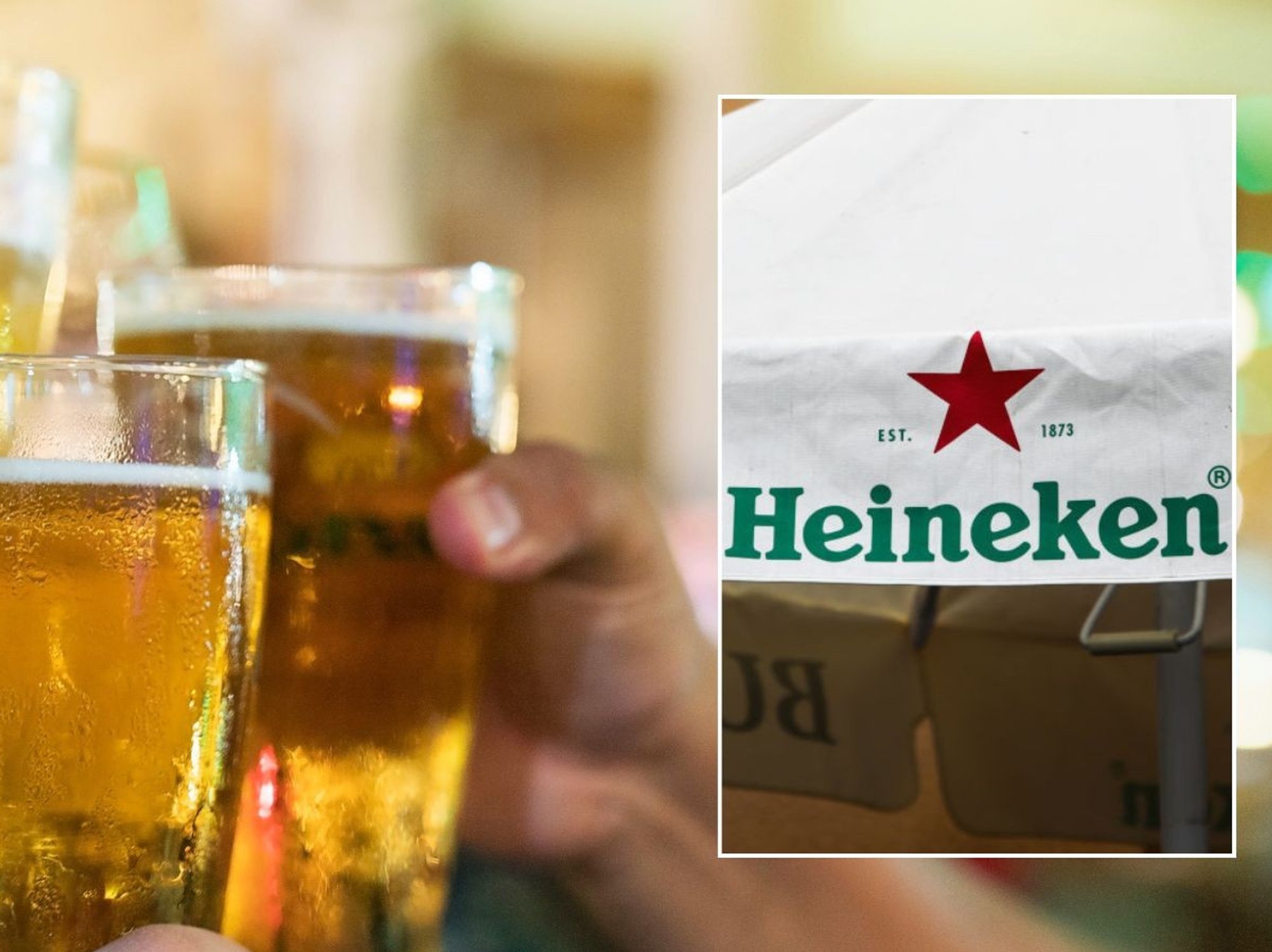HMRC introduces new VAT fuel charges today with petrol and diesel drivers facing costs of £2,314

The new charges will remain in place until April 30, 2026
Don't Miss
Most Read
HMRC has announced new VAT road fuel scale charges, which come into effect today, impacting businesses across the UK that use vehicles for both business and private journeys.
Under the new rules, the charges will remain in place until April 30, 2026, and are used by businesses to account for private consumption of fuel in company vehicles, with higher polluting cars paying more.
The flat rate values apply to one individual, in connection with a specific vehicle, for the relevant accounting period, but for employees, these charges can result in significant tax implications if not properly managed, HMRC has warned.
The system simplifies the process of calculating VAT on fuel used for private journeys, including commuting to and from work.
Do you have a story you'd like to share? Get in touch by emailing motoring@gbnews.uk

The VAT fuel charge is calculated based on the vehicle's CO2 emissions
|GETTY/PA
The car fuel benefit charge is calculated based on the vehicle's CO2 emissions rating and is applied to the car fuel benefit multiplier.
According to HMRC, businesses are required to report these charges on their VAT returns to comply with existing regulations.
Carolyn O'Shea, VAT and indirect tax senior manager at MHA, said: "The VAT road fuel scale charge calculates VAT due to HMRC on road fuel for vehicles used for both business and private purposes.
"This method allows you to reclaim input tax on fuel without having to keep detailed records of the split of business and private uses of the vehicle."
Interestingly, the new charges showed a notable decrease compared to the previous year's rates, with vehicles with CO2 emissions of 120g/km or less seeing the annual charge drop from £702 to £661.
For mid-range vehicles with emissions of 175, the annual charge fell from £1,752 to £1,652. Even vehicles with the highest emissions (225g/km or more) will see charges reduced from £2,454 to £2,314 annually.
Monthly charges follow the same pattern, with low emission vehicles now charged £54 in VAT instead of £58, and high-emission vehicles charged £192 instead of £203.
According to the tax firm Herbert Lewis Williams and Associates, the changes continue to encourage the use of cars with low CO2 emissions.
However, for vehicles too old to have a CO2 emissions figure, drivers must identify the appropriate band based on engine size.
HMRC advised that if a car's cylinder capacity is 1,400cc or less, use CO2 band 140g; for engines more than 1,400cc but less than 2,000cc, businesses should use CO2 band 175g, and for engines more than 2,000cc, use CO2 band 225g or more.
"You'll need to work out the correct road fuel charge, based on your car's CO2 emissions, and the length of your VAT accounting period. This will be either one, three, or 12 months," the HMRC added.
If the CO2 emission figure is not a multiple of five, it should be rounded down to the next multiple of five. For bi-fuel vehicles with two CO2 emissions figures, the lower figure should be used.
LATEST DEVELOPMENTS:

The VAT fuel charges will remain in place until April 30, 2026
|GETTY
The MHA shared: "If you purchase fuel solely for business purposes or keep detailed records to apportion the input tax between business and private use, you do not need to use the fuel scale charge method.
"If you use the fuel scale charge method, you will need to use it for all cars in which fuel is used for business and private journeys. You cannot use the scale charge for some cars, but another method for other cars. However, you do not have to apply the fuel scale charge for cars which are not available for any private use, such as pool cars."











